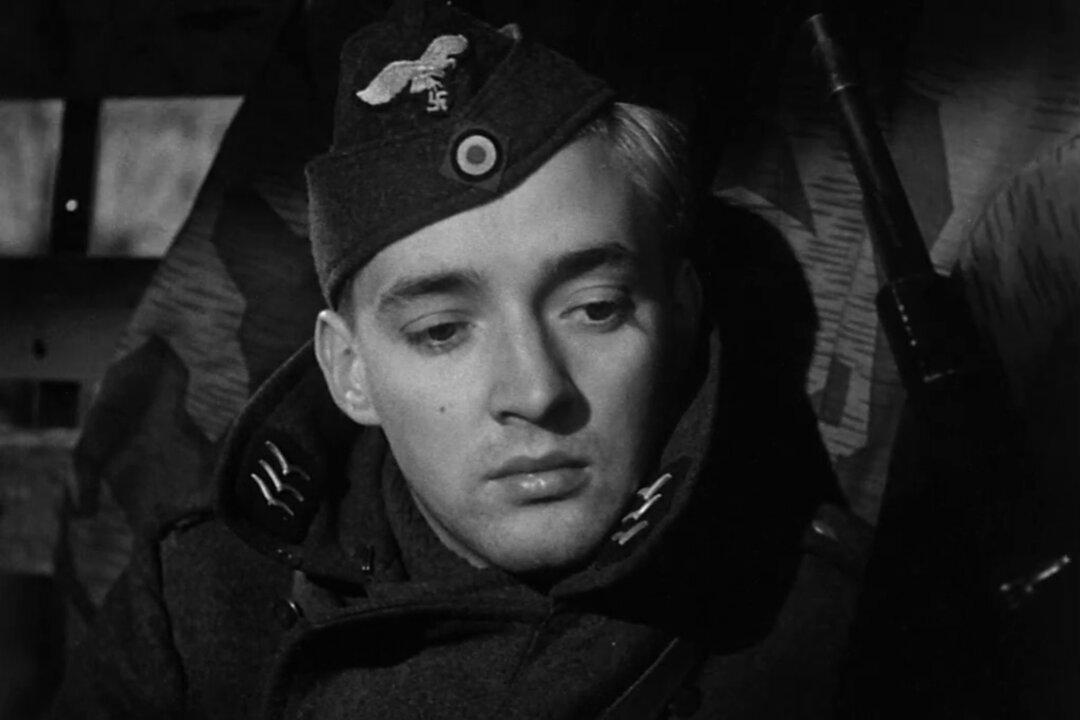NR | 1h 59m | Drama, War | 1951
World War II films that depict lots of epic action scenes can be exciting. Perhaps one of the most popular settings for these movies is the Battle of Normandy, which has been recreated in such groundbreaking films as “The Longest Day” (1962) and “Saving Private Ryan” (1998), with John Wayne and Tom Hanks storming the beaches, respectively.






